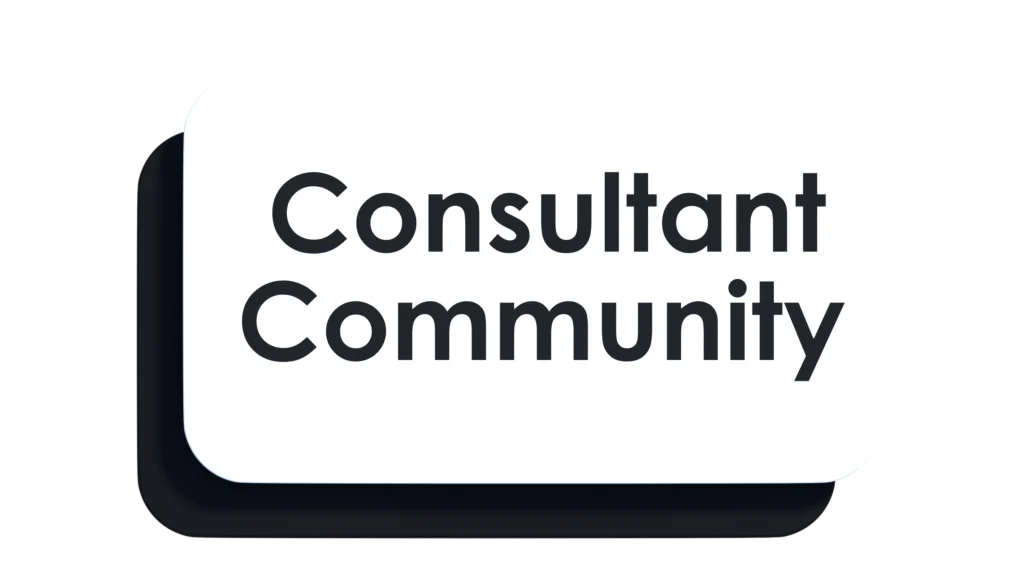Today, we have unprecedented access to information, with platforms like YouTube and TikTok offering in-depth learning opportunities for free — from professional development tips to AI tutorials. Large language models such as ChatGPT and Gemini can answer nearly any question with increasing accuracy.
With so much data available, many are questioning the value of investing time and money in a college degree when skills and knowledge can be acquired online. However, this perspective overlooks the transformative value of higher education. College offers more than just information; it provides a journey where students network and develop critical soft skills like communication, problem-solving, emotional intelligence, and creativity. These competencies often require teamwork and practice, which can’t be easily replicated by online content.
Although a college degree isn’t the only path to success, it remains a significant indicator of job readiness for many employers. According to a National Association of Colleges and Employers (NACE) survey, nearly 70% of entry-level jobs require a bachelor’s degree, suggesting that higher education still offers a competitive edge.
Why College Still Matters in the Digital Age
Advantages of a College Education:
- Developing Soft Skills: Critical thinking, communication, and teamwork are honed through college experiences.
- Networking Opportunities: Colleges offer unique chances to build professional connections.
- Hands-On Learning: Real-world problem-solving through projects and competitions.
- Credential Value: Many employers still see degrees as proof of job readiness.
Challenges to Consider:
- Rising Tuition Costs: Higher education often leads to significant debt.
- Relevance of Curriculum: Ensure the curriculum keeps pace with technological advancements.
How to Maximize Your College Experience
- Learn the Latest Innovations Through Courses
- Stay Updated: Technology evolves rapidly. Supplement your education with courses in AI and other innovations relevant to your field.
- Interdisciplinary Learning: Regardless of your major, explore AI applications in your industry. Many institutions offer courses in machine learning, deep learning, and programming languages.
- Network, Network, Network
- Build Connections: Take advantage of networking events, workshops, and career fairs offered by your college.
- Engage with Alumni: Reach out to alumni and professionals in your field for advice and opportunities.
- Engage in Teamwork and Problem-Solving Opportunities
- Project-Based Learning: Participate in projects and competitions to develop collaboration and problem-solving skills.
- Soft Skill Development: Use these experiences to improve communication, active listening, and teamwork abilities.
- Supplement Your Education with Other Resources
- Internships and Community Projects: Gain hands-on experience and apply the latest skills and technologies in your industry.
- Online Courses and Certifications: Enhance your learning with free or discounted online courses and workshops.
- Continuous Learning: Stay ahead by continually updating your skills and knowledge.
By following these strategies, students can enhance their college experience and stay abreast of technological trends. Agility, networking, problem-solving, and real-world learning opportunities will prepare you for a dynamic and successful career in today’s evolving job market.
Reference Harvard Business Review. (2024, August 1). The case for college in the era of online learning. Harvard Business Review. Retrieved from https://hbr.org/2024/08/the-case-for-college-in-the-era-of-online-learning?ab=HP-hero-latest-text-2
